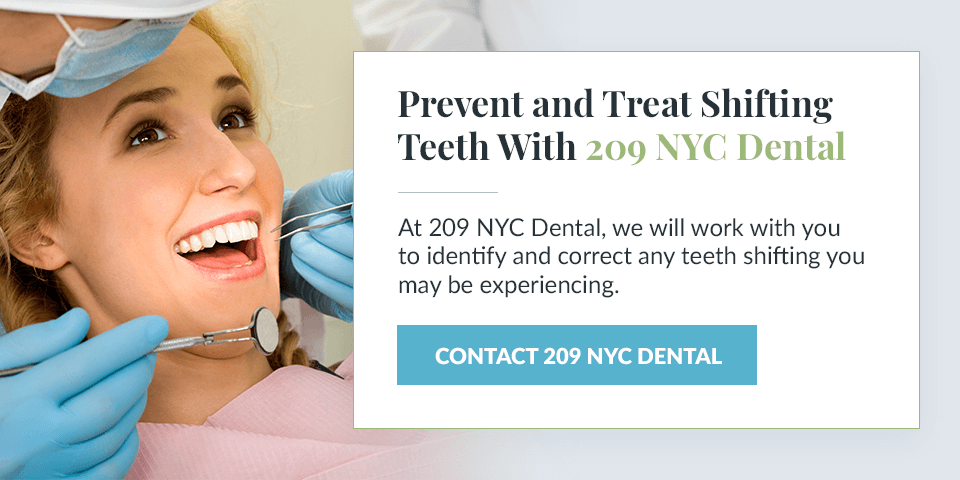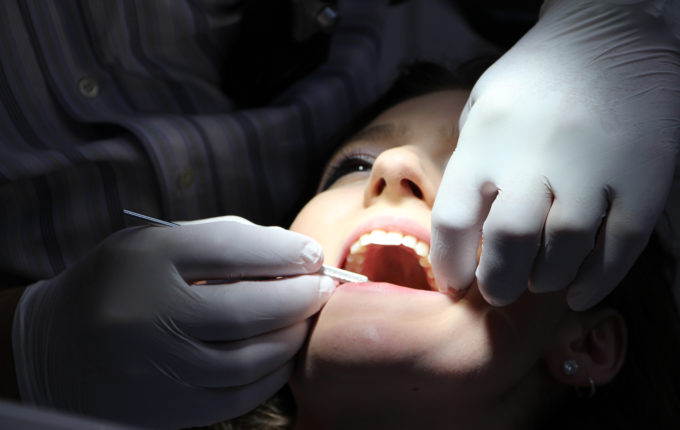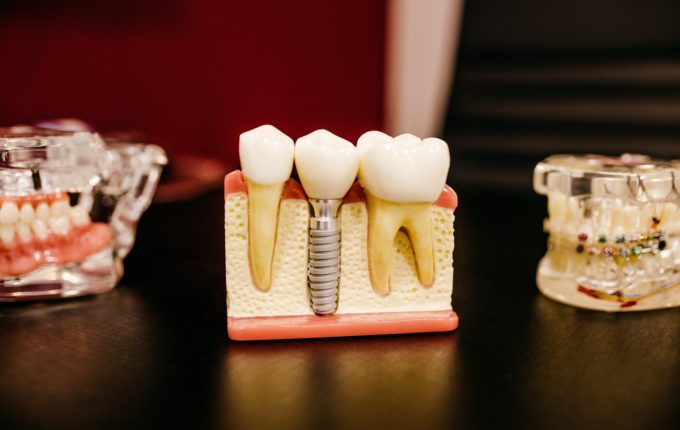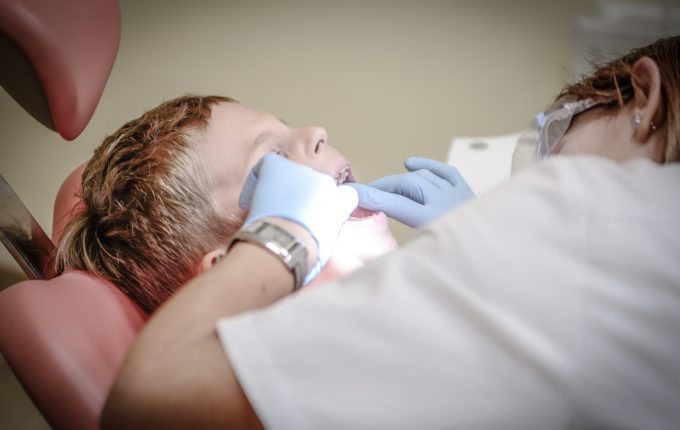Why Are My Teeth Shifting?
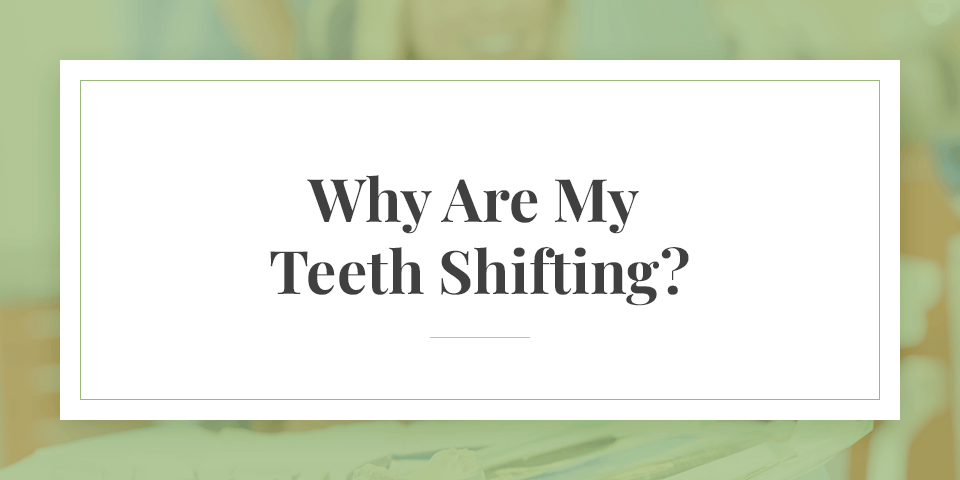
The human body is constantly changing. While many assume that teeth remain in place after getting braces as a child, the fact is that teeth continue to move as you age. Depending on the cause, teeth shifting can be accidental, intentional and unavoidable. Illness, injury, age and orthodontic procedures can cause your teeth to shift for several reasons.
Understanding how and why your teeth shift is key to stopping the movement. Here are eight causes of teeth shifting and ways to address them.
Natural Changes to the Jaw
Changes in your jaw and facial structure are part of the aging process. These gradual changes can contribute to teeth shifting. Over time, new gaps can form, or your teeth may become overcrowded since the movement is subtle and difficult to notice.
Your jaw muscles and ligaments age with the rest of the body. Over time, the ligaments, tissues and fibers comprising the jaw grow weak. As a result, teeth can grow loose, shifting your bite. In addition, your jawbones move forward throughout your life. Eventually, the force created by lower teeth can push the upper teeth out of place. The teeth then become misaligned, which can alter the bite and cause more teeth to shift.
The jawbone also loses bone density as you age because the mineral content in your bones tends to decrease over time. Reduced bone density can weaken the connections attaching teeth to the jaw, causing the teeth to shift.
Other aging facial features can affect the teeth as well. Lips contract as they age, creating pressure on the bite’s exterior and pushing teeth inward.
Bruxism
Teeth grinding or bruxism is more common than many people realize. Around 15-40% of children grind their teeth while sleeping, with this percentage decreasing to about 8.6% as people get older. Some individuals may consciously grind their teeth when awake as a stress response. The majority of people suffering from bruxism grind their teeth unconsciously, especially when they are sleeping.
Grinding your teeth can wear down enamel and change your tooth’s shape. As the condition of your teeth changes, you might experience unexplained shifts in your bite and teeth. The added pressure from clenching your jaw and grinding can also slowly move teeth out of position.
Missing Teeth
Edentulism or missing teeth is often due to injury, illness or the removal of damaged teeth. The missing tooth can cause the adjacent and opposite teeth to move. Teeth will naturally shift to fill the space left by a missing tooth through lateral or vertical movement. Damaged teeth also affect bite alignment and can cause other teeth to shift.
Gum Disease
Periodontal diseases (gingivitis and gum disease) can destroy gum tissue and the jaw bone, leading to shifting teeth. Periodontitis can spread to surrounding tissue if it is left untreated as well.
Tongue Thrust
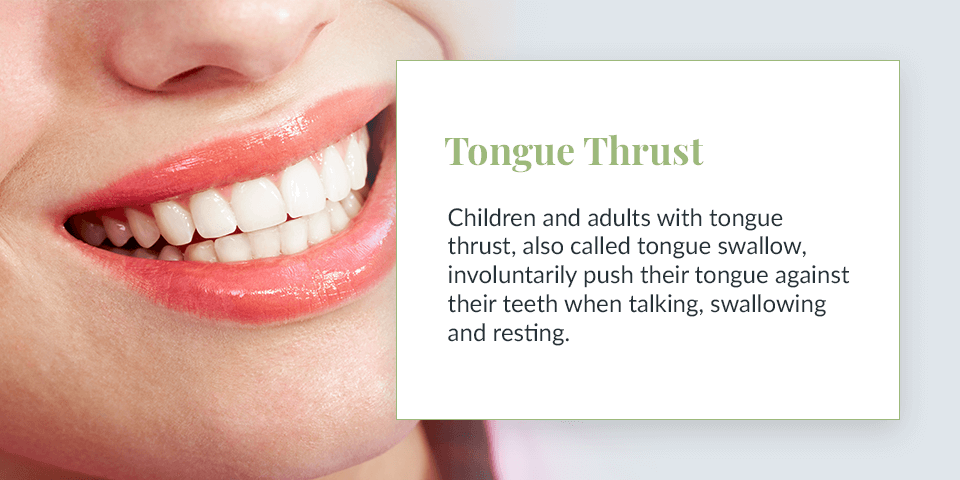
The placement of your tongue can significantly impact your teeth by placing pressure on them. Children and adults with tongue thrust, also called tongue swallow, involuntarily push their tongue against their teeth when talking, swallowing and resting. Tongue thrust is more common in children and can be treated.
This unusual tongue placement and additional pressure on the teeth can cause them to shift. This force gradually creates a gap between the forward upper and lower teeth, resulting in an “open bite”.
CPAP Therapy
People with sleep apnea rely on continuous positive airway pressure (CPAP) therapy. CPAP machines use air pressure to keep your airways open when asleep. It involves wearing a mask covering your nose and mouth to ensure steady airflow into your lungs.
A 2018 study found that CPAP therapy can cause teeth to shift gradually. The mild pressure to keep airways open also puts pressure on the tongue, which in turn puts pressure on the teeth. This sustained pressure can cause the teeth to shift and result in a misalignment in your bite.
Dental Procedures
Standard dental procedures create minor tooth topography changes, leading to shifts in your bite. Over time, minor changes to bite alignment can begin to cause tooth shifting. Installing implants or bridges, removing teeth and uneven fillings can contribute to tooth movement.
Orthodontic Procedures
Orthodontic procedures are used to move teeth into their desired and correct positioning. However, teeth have a type of memory that can cause them to shift back into their old position. Braces and Invisalign can also cause the gums and other muscles in your jaw to weaken slightly during treatment. When you remove these devices, your gums and jaw might not be strong enough to hold teeth in place when they return to their original position.
How to Stop Your Teeth From Shifting
Many orthodontic procedures intentionally shift your teeth to new positions. In other cases, shifting teeth can be unavoidable, especially as you age. Here are five ways you can prevent your teeth from moving:
- Prioritize oral health: Orthodontists and dentists are trained to detect changes in your teeth. Regular check-ups can help identify shifting teeth as well as their cause and treat them before they become a significant concern.
- Practice good oral hygiene: Keeping your teeth healthy can reduce the possibility of teeth loss and other diseases that can cause shifting teeth.
- Wear a retainer if recommended: After any orthodontic procedure, wear your retainer as your orthodontist recommends to prevent teeth from returning to their original position. If needed, you can wear a permanent retainer.
- Address grinding: Wear a mouthguard at night and find ways to reduce the stress that might cause your grinding.
- Correct existing shifts: If your teeth have already shifted, it is crucial to correct them as soon as possible to prevent additional bite misalignment.
Prevent and Treat Shifting Teeth With 209 NYC Dental
Teeth shifting is often gradual and hard to detect. If you have noticed any changes in the position of your teeth or alignment of your bite, it’s a good idea to consult a dentist. At 209 NYC Dental, we will work with you to identify and correct any teeth shifting you may be experiencing. Schedule an appointment online or call us at 212-355-2290.
 Our History
Our History
 Our Providers
Our Providers
 About Us
About Us
 Blog
Blog
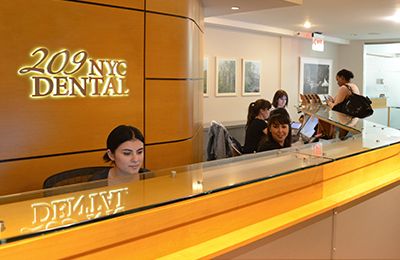 Contact us
Contact us
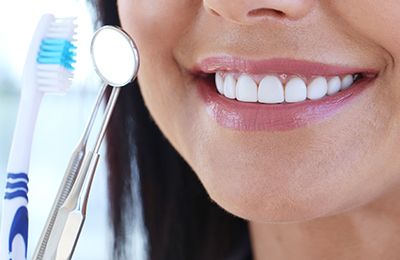 Diagnostic & Preventive
Diagnostic & Preventive
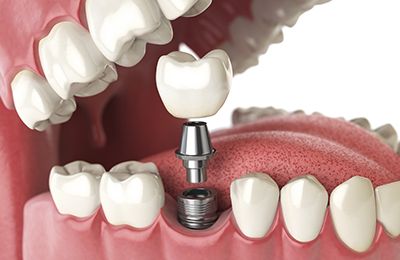 Implant Dentistry
Implant Dentistry
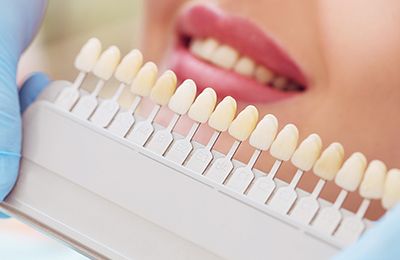 Cosmetic Dentistry
Cosmetic Dentistry
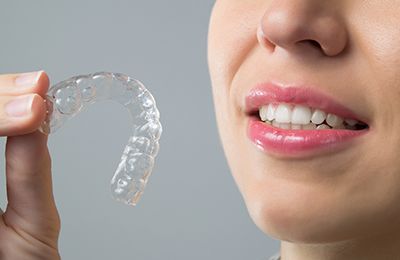 Clear Braces
Clear Braces
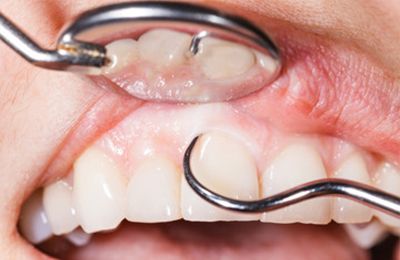 Periodontics
Periodontics
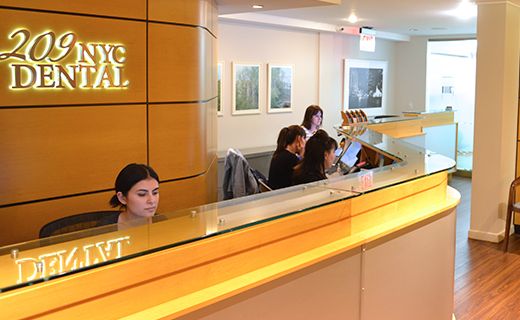 Patient Forms
Patient Forms
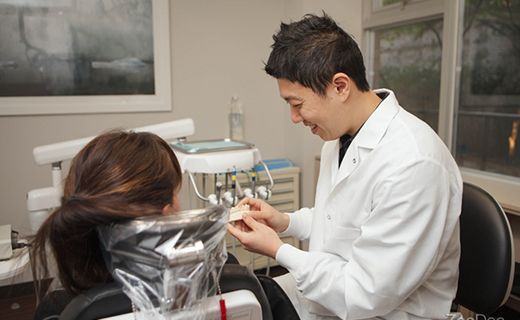 Payment Information
Payment Information
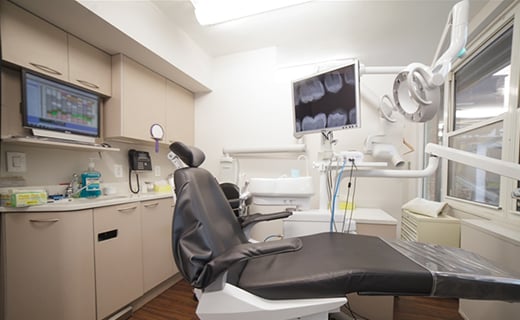 Insurance Options
Insurance Options
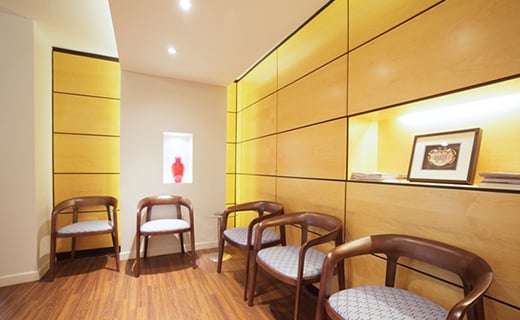 CareCredit Dental
CareCredit Dental
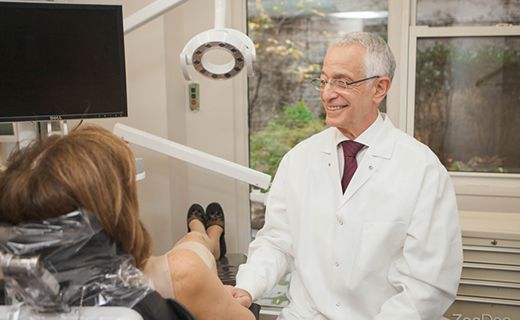 Appointment Policy
Appointment Policy
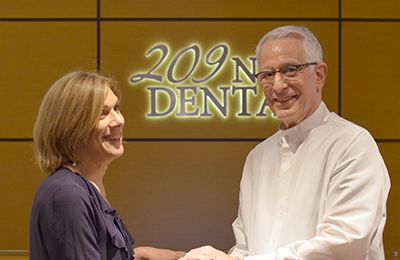 Free Consultation
Free Consultation
 Complimentary Teeth Whitening
Complimentary Teeth Whitening
 Teeth Whitening
Teeth Whitening
